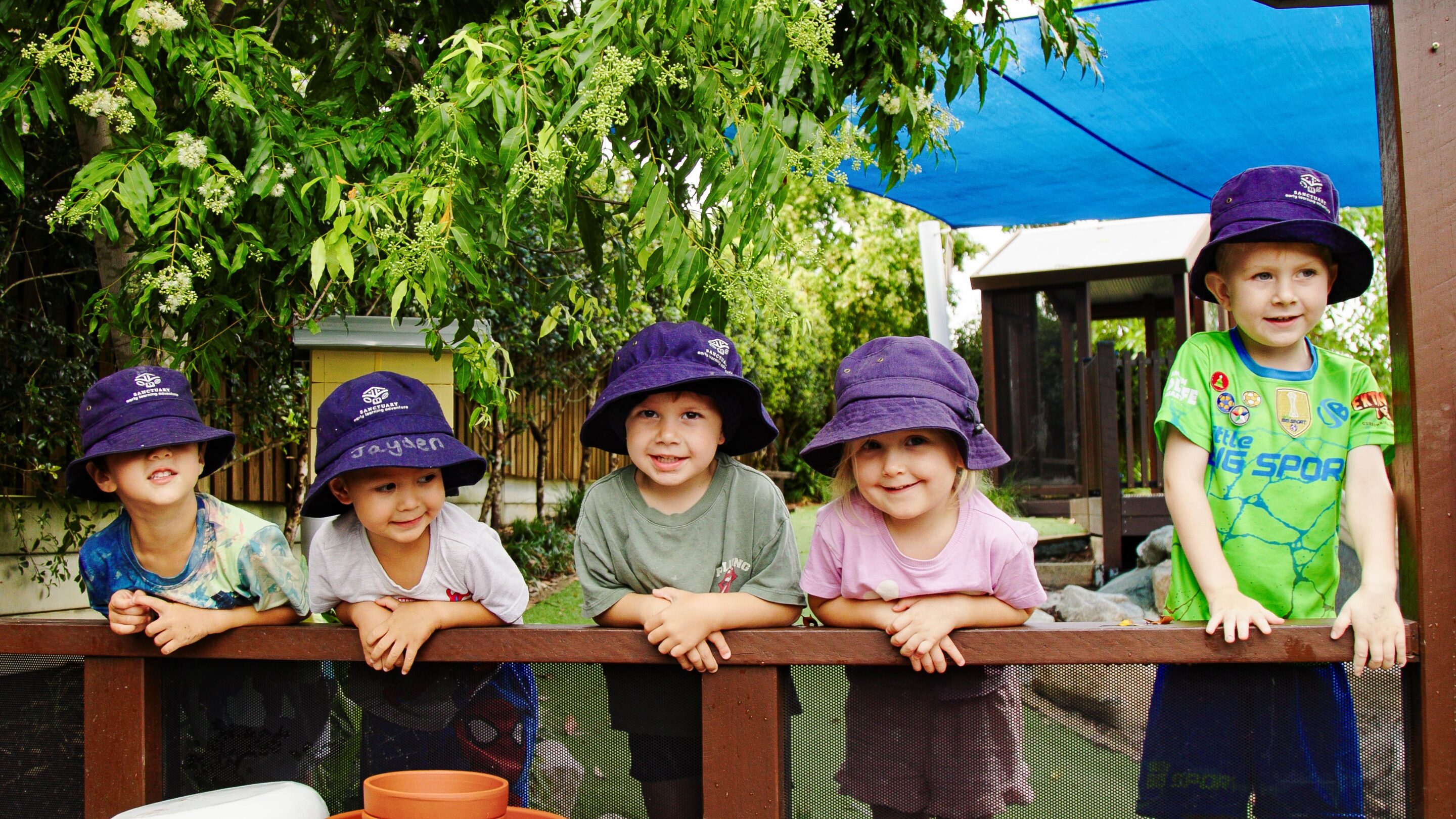Parenting styles play a crucial role in shaping a child’s personality, behavior, and overall development. The way parents interact with their children determines their emotional well-being, self-esteem, and social skills. Understanding the different parenting styles helps caregivers make informed decisions about how they raise their children, ensuring they provide a nurturing and supportive environment.
Authoritative Parenting Style
Authoritative parenting is often considered the most balanced and effective parenting style. Parents who adopt this approach set clear expectations and guidelines while also being responsive and supportive. This parenting style encourages open communication and allows children to express their thoughts and feelings. Studies suggest that children raised under authoritative parenting styles tend to develop high self-esteem, better problem-solving skills, and strong social competence. These children are often more independent and confident in their decision-making abilities www.parentingshack.com, as authoritative parents guide them rather than control them.
Authoritarian Parenting Style
Authoritarian parenting is a more rigid and strict parenting style where parents enforce rules with little room for discussion. This parenting style focuses on discipline and obedience, often leading to children feeling pressured and anxious. Parents who follow authoritarian parenting styles have high expectations but provide minimal emotional support. Children raised in authoritarian households may struggle with self-confidence and decision-making as they are often not given the freedom to make choices. While this parenting style may instill discipline, it can also result in children becoming either overly submissive or rebellious.
Permissive Parenting Style
Permissive parenting is characterized by high levels of warmth and affection but low levels of discipline and structure. Parents who use permissive parenting styles tend to be lenient and avoid setting strict rules or boundaries. They allow their children to make their own decisions without much guidance, which can lead to a lack of responsibility and self-discipline. While children raised under permissive parenting styles often have strong emotional connections with their parents, they may struggle with self-regulation and boundaries in social settings. The lack of structure in permissive parenting styles can sometimes result in children feeling insecure and uncertain about limits.
Neglectful Parenting Style
Neglectful parenting, also known as uninvolved parenting, is one of the least effective parenting styles in terms of child development. Parents who practice neglectful parenting styles provide little to no guidance, emotional support, or supervision. This parenting style can have detrimental effects on a child’s psychological and emotional well-being. Children raised in neglectful parenting styles may experience feelings of abandonment, low self-esteem, and difficulty forming healthy relationships. The lack of parental involvement often results in children struggling academically and socially, making it essential for caregivers to recognize the importance of active participation in their children’s lives.
The Impact of Parenting Styles on Emotional Development
Parenting styles significantly influence a child’s emotional development. Authoritative parenting styles create a secure and loving environment where children feel safe to express their emotions. On the other hand, authoritarian parenting styles may cause children to suppress their feelings due to fear of punishment. Permissive parenting styles might lead to emotional instability as children struggle with setting boundaries. In contrast, neglectful parenting styles can result in emotional detachment and difficulty trusting others. Parents who choose supportive and structured parenting styles help children develop resilience, confidence, and emotional intelligence, which are crucial for their overall growth.
Parenting Styles and Academic Success
The connection between parenting styles and academic performance is evident in various studies. Authoritative parenting styles contribute to higher academic achievements as children receive guidance and encouragement. These children tend to develop a positive attitude toward learning and problem-solving. Authoritarian parenting styles may lead to good academic performance due to strict discipline, but they can also create stress and anxiety in children. Permissive parenting styles, while fostering creativity, may result in a lack of motivation and self-discipline. Neglectful parenting styles often lead to poor academic outcomes as children do not receive the necessary support and encouragement from their parents.
The Role of Culture in Parenting Styles
Cultural background plays a significant role in determining parenting styles. In some cultures, authoritarian parenting styles are considered necessary for instilling discipline and respect. In contrast, Western cultures often favor authoritative parenting styles that promote independence and critical thinking. Permissive parenting styles are more common in cultures that value individual expression and creativity. Understanding cultural differences in parenting styles helps parents adapt their approach to provide the best possible upbringing for their children. Regardless of cultural influences, effective parenting styles prioritize a child’s well-being and overall development.
Finding the Right Balance in Parenting Styles
Every child is unique, and parenting styles should be adaptable to meet their specific needs. While authoritative parenting styles are generally recommended, parents should consider their child’s personality, temperament, and circumstances when choosing their approach. A combination of different parenting styles may sometimes be necessary to address various challenges in child-rearing. Flexibility and open communication are key in parenting styles to ensure children feel supported while also understanding the importance of discipline and responsibility.
Conclusion
Parenting styles have a profound impact on a child’s growth, emotional well-being, and future success. Understanding the different parenting styles allows caregivers to make informed choices in their approach to raising children. While authoritative parenting styles provide the best balance of discipline and support, each parenting style has its strengths and weaknesses. By fostering a nurturing and structured environment, parents can help their children develop into confident, responsible, and emotionally intelligent individuals. Choosing the right parenting style is essential in ensuring that children grow up in a positive and supportive atmosphere, enabling them to thrive in all aspects of life.

